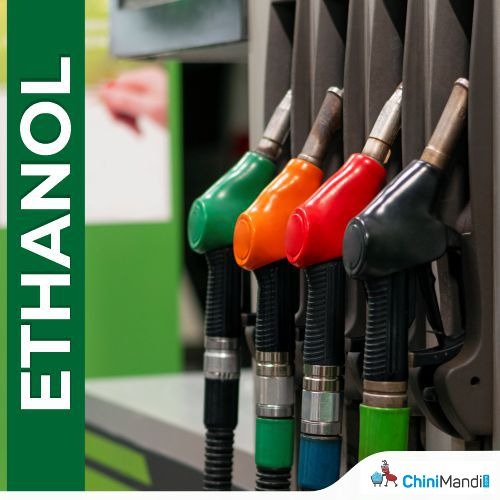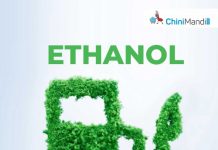The Ethanol Blending Programme has brought significant benefits to farmers, the environment and the economy. However, some reports have suggested that the programme has several severe lacunas that are damaging the vehicle engine and also leading to decreased mileage.
Several posts on the social media platform ‘X’ talked about the fact that the Indian automobile industry is not fully prepared for E20 and E27. There have been reports from car users who have reported a 20 to 30% drop in mileage.
The Ministry of Petroleum and Natural Gas (MoPNG) was quick to counter the claims made on social media. In a detailed statement issued on 4th August, the Ministry said that studies have shown no significant impact of E20 (20% ethanol blend) on power, torque, or fuel consumption in both carbureted and fuel-injected vehicles. There is a marginal mileage drop (1–2% in E10-calibrated four-wheelers; 3–6% in others), which can be minimised with engine tuning. The Statement has emphasised that ethanol’s higher octane rating (~108.5) results in better ride quality and supports modern high-compression engines.
Ethanol-blended fuel and mileage
Vaibhav Dange, Public Policy Expert on Infrastructure, Sustainable Mobility and BioEnergy, dismissed the reports on social media as unscientific. He said that the reports are based on incorrect perceptions, “Since 2023, all vehicles in India are tuned and compatible with E20 (20% ethanol-blended petrol). There have been no reported issues with these vehicles running on E20 fuel. Technical agencies have confirmed that any marginal impact from E20 is too small to be considered significant”.
Dange said that for vehicles manufactured before 2023, the impact of using E20 is only marginal. “Studies indicate a minor drop in fuel efficiency—typically between 1% to 2%—which is well within acceptable limits. Importantly, these changes do not require any engine modifications”, he added.
Prashant Banerjee, Executive Director, SIAM, said that the vehicles that are designed to run on E20 fuel are engineered for optimised performance and durability. “Since ethanol contains lesser energy per unit than petrol, slightly more fuel is required to produce the same power output. These vehicles are certified by test agencies for roadworthiness, ensuring efficient performance and minimal impact on mileage,” he said.
Dange concluded by saying that the benefits of EBP far exceed minor discomforts, which have been blown out of proportion. He said the biofuel initiatives have saved foreign exchange to the tune of saving of ₹1.36 lakh crore. Farmers’ income has increased, and nearly 698 lakh tonnes of CO₂ emissions have been reduced, contributing to the country’s climate goals.



















[…] Source : Chinimandi […]